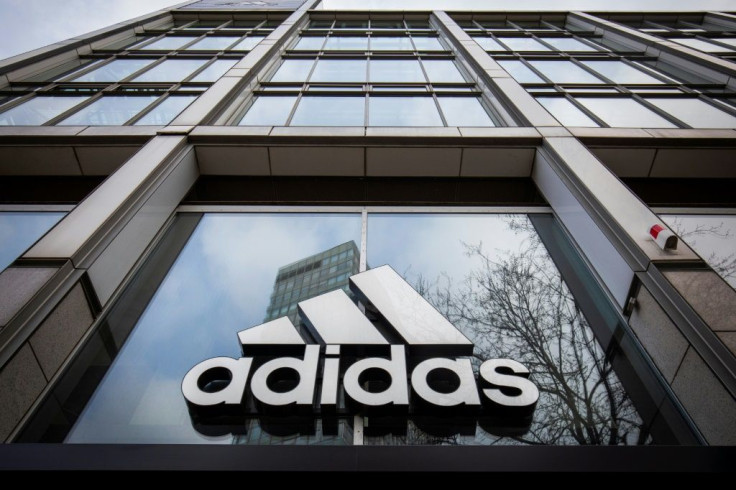Adidas Eyes 2.4 Bln State-guaranteed Coronavirus Loan

German sportswear maker Adidas said Tuesday it had received approval for a 3 billion euro ($3.3 bn) loan largely funded by the German government to help it weather the impact of the coronavirus crisis.
"Today, the company received the approval of the German government for the participation of KfW, Germany's state-owned development bank, in a syndicated revolving loan facility...to bridge this unprecedented situation," Adidas said in a statement.
The syndicated loan would comprise 2.4 billion euros from German public lender KfW, with a further 600 million coming from Adidas' partner banks including HSBC, UniCredit and Deutsche Bank, the company said.
"One of the conditions...is that Adidas de facto suspends dividend payments for the duration of the facility," the company said, adding that it would "repay any used portion of the loan, including interest and fees, as quickly as possible."
It is one of the biggest examples yet of German companies making use of a huge government rescue package aimed at cushioning the impact of the pandemic on Europe's top economy.
Tourism giant TUI sealed a similar, 1.8 billion euro KfW loan last week.
"The further development of the coronavirus outbreak and its impact on the company's business cannot be predicted at this point in time," Adidas said Tuesday.
Adidas, which made a net profit of nearly two billion euros ($2.2 billion) in 2019, has been hard hit by a slump in Chinese sales and store closures around the world.
The German government has promised "unlimited" credit to help companies weather the coronavirus storm.
Yet Adidas has also recently been accused of abusing coronavirus measures designed to help smaller businesses.
At the end of March, the company was forced to apologise after it emerged that it had frozen rent payments on a number of high-street stores forced to close during the crisis, in a move which German ministers described as "unacceptable".
© Copyright AFP 2024. All rights reserved.




















